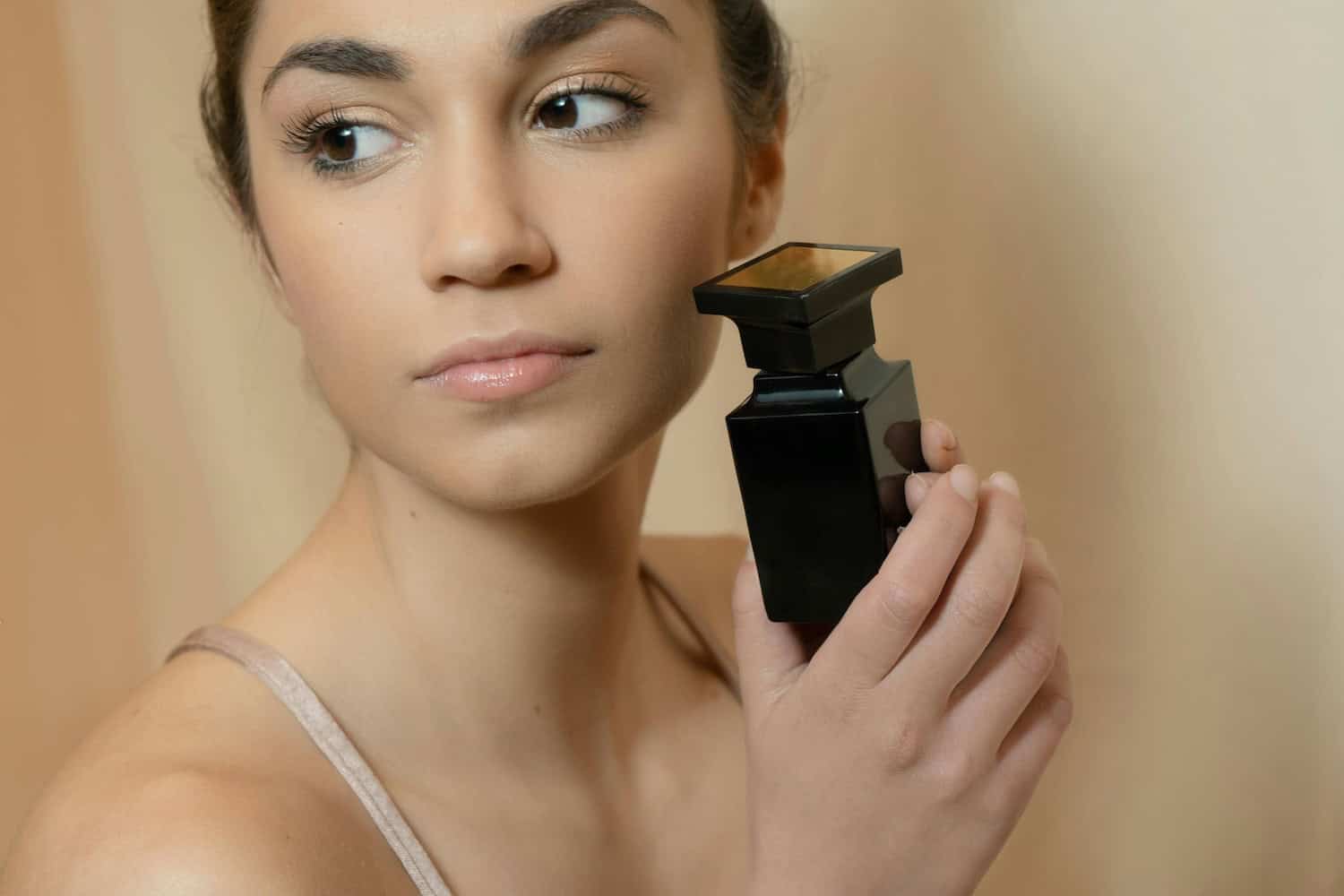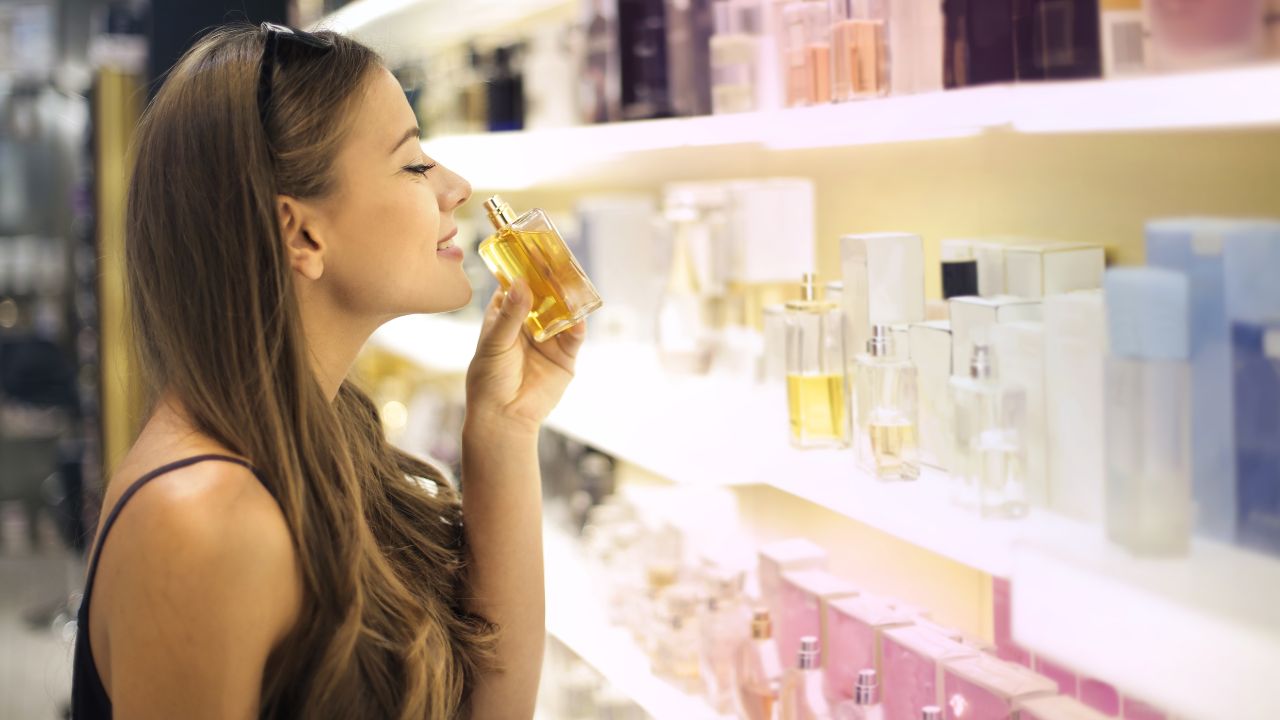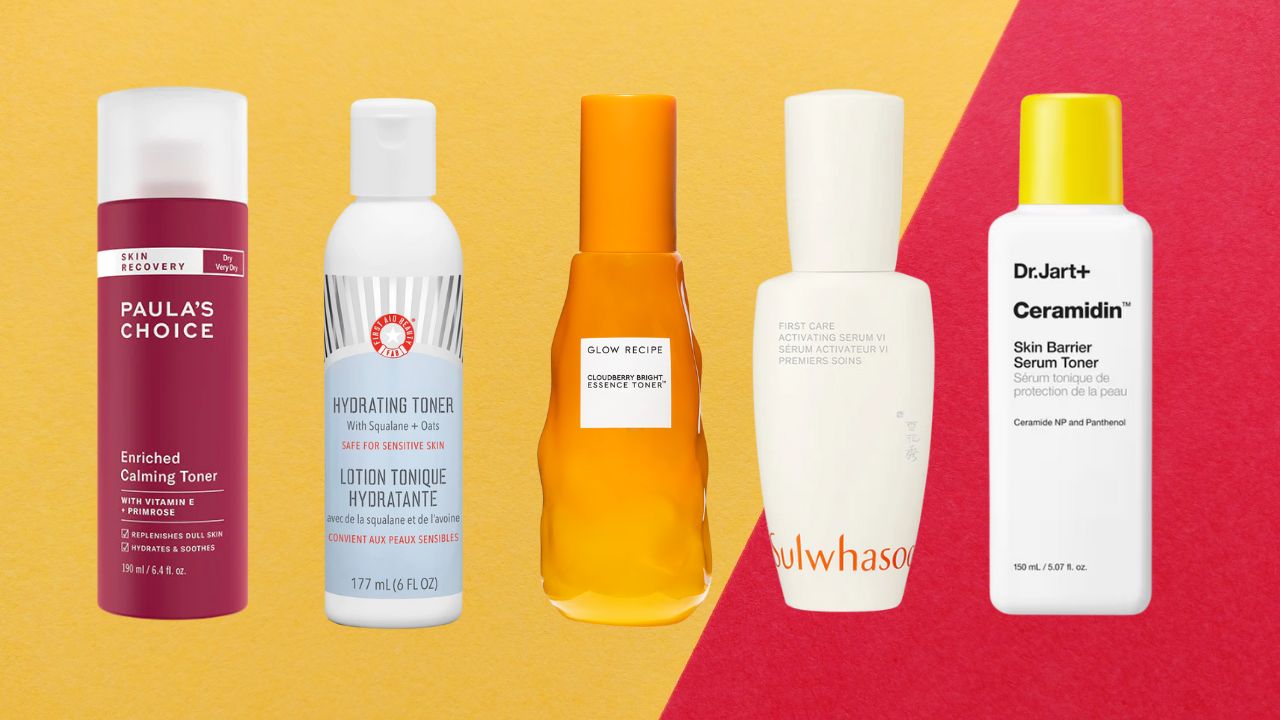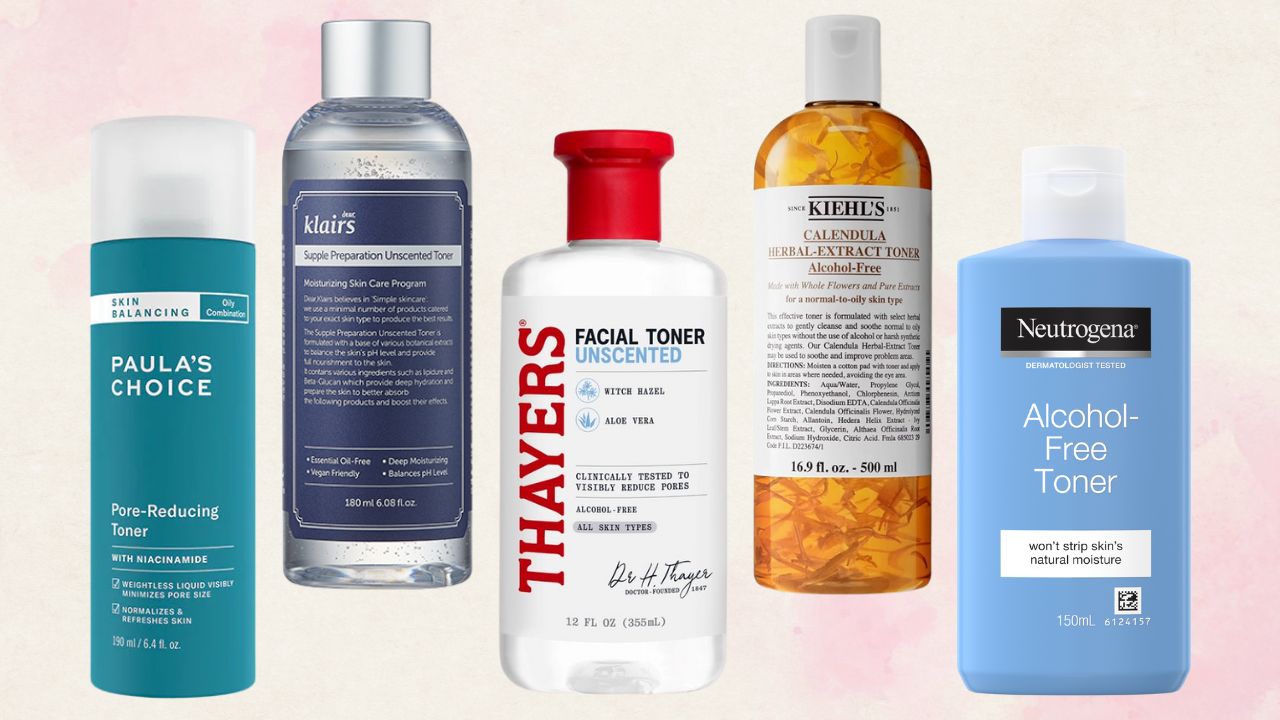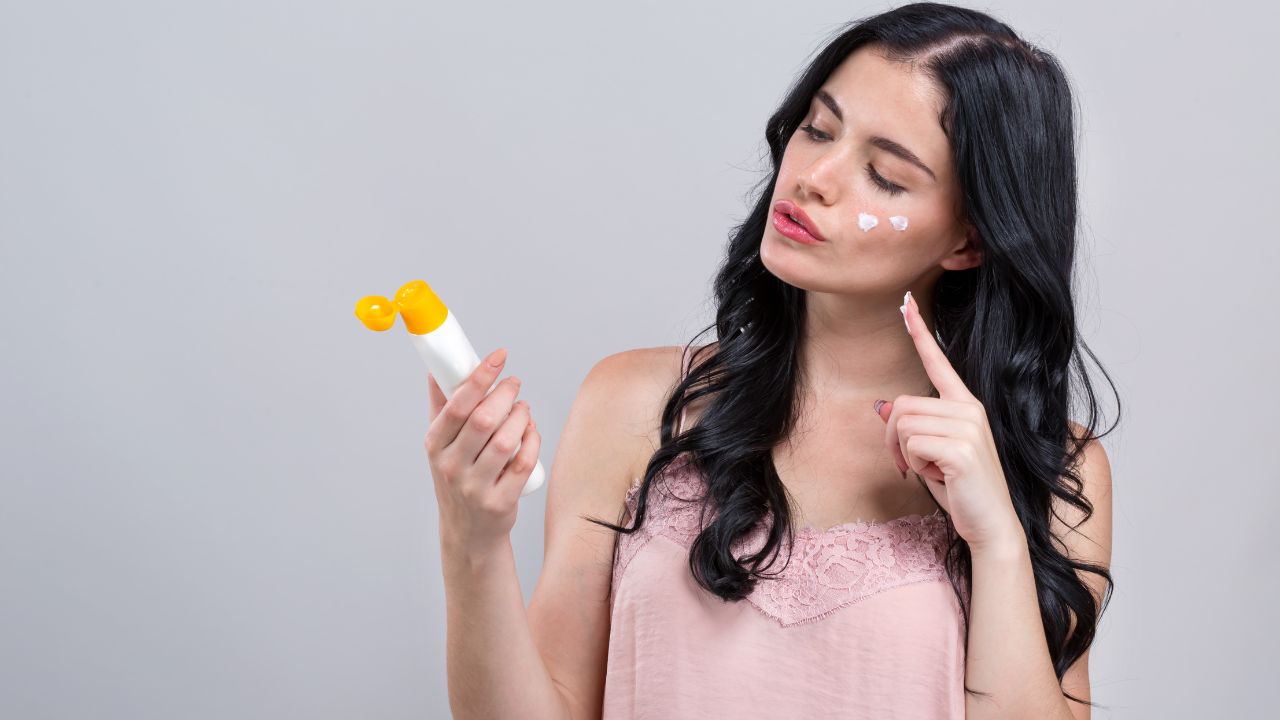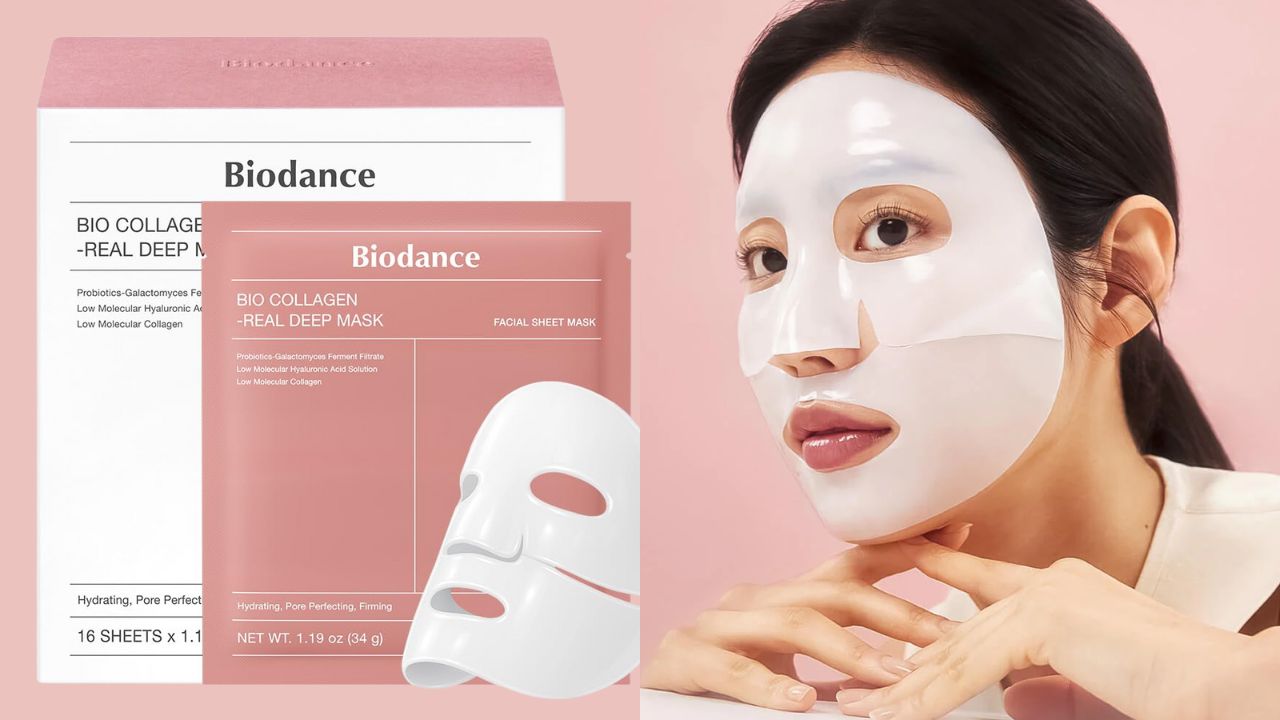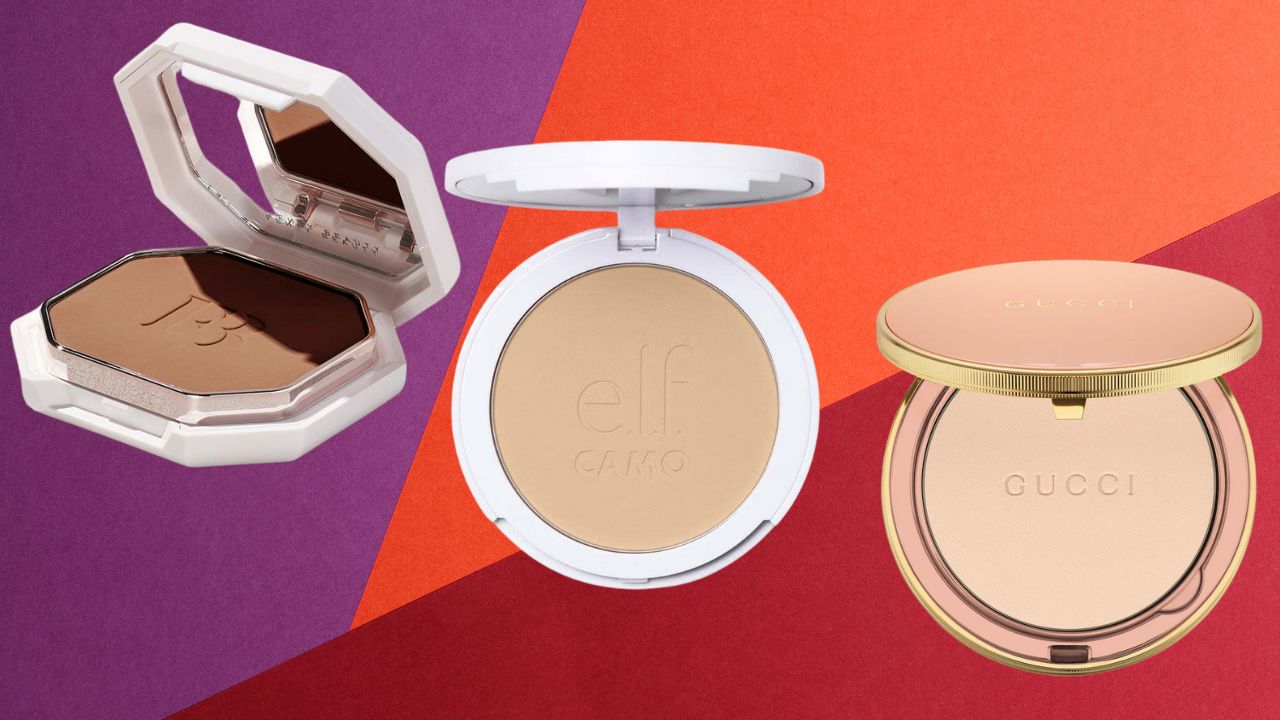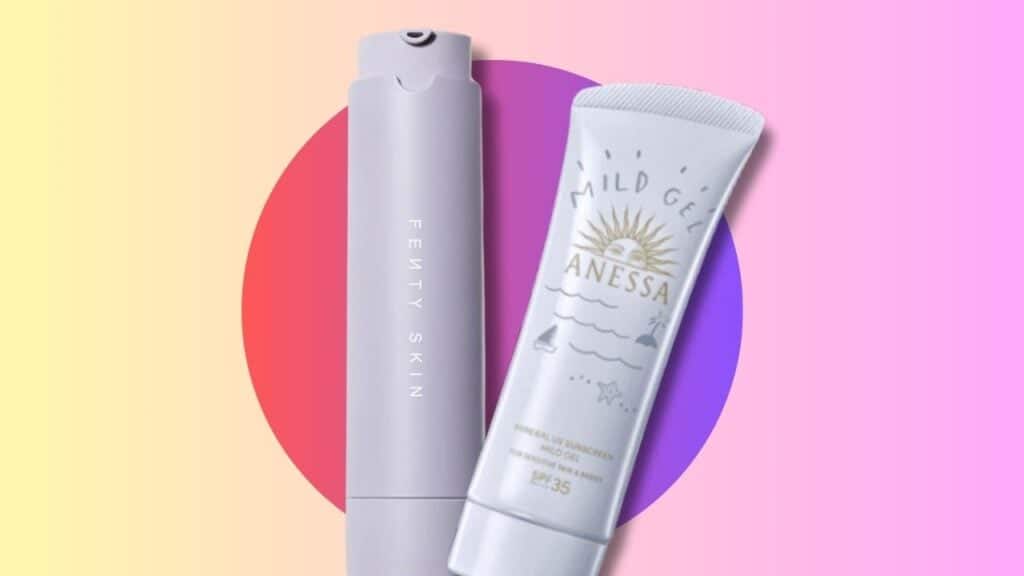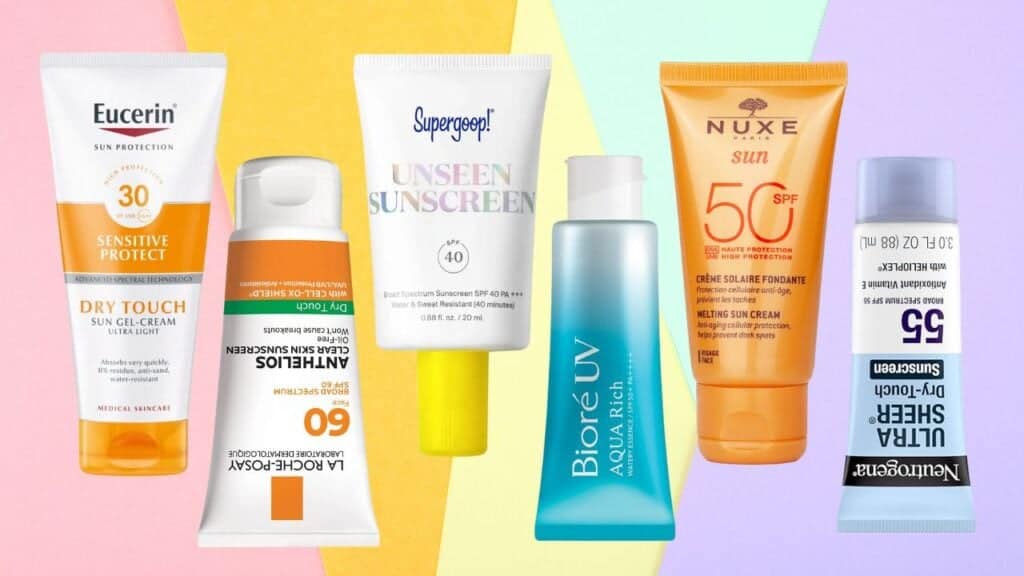Blog
Home / Perfume Stories / Help I Can’t Smell My Perfume! Here’s Why
Categories
Recent Posts
- Black Friday vs Cyber Monday: Which Day Has the Best Beauty Deals?
- Top 10 Black Friday Skincare Essentials Worth Buying This Year
- How to Choose the Perfect Perfume This Black Friday Season: Your Ultimate Guide
- 10 Best Toners for Dry Skin in 2025: Expert Reviews & Hydration Guide
- Top 10 Best Toners for Combination Skin in 2025: Tested and Reviewed
There’s something magical about smelling different scents in a perfume store, and finding one that you really love. Yet, there’s a common phenomenon that often puzzles fragrance wearers:
You can’t smell your own perfume.
Well there’s a saying that my give you comfort: “If you can’t smell your scent, it means it suits you.” In this blog post we’ll discuss the science behind scent perception and tips to allow you to enjoy your favourite fragrances to the fullest.
The Science of Olfactory Fatigue & Human Evolution
Our sense of smell is a quite complex. When you apply perfume very often, the olfactory receptors in your nose will start to adapt to the new fragrance. This is known as “olfactory fatigue” or “nose blindness.” Essentially, when you’re exposed to a scent for an extended period, your nose becomes less sensitive to it, choosing to ignore the familiar scent to avoid overwhelming your smell receptors.
This adaptation is rooted in human evolution, as our ancestors relied on their sense of smell primarily to detect odours that indicated danger, allowing them to focus on unfamiliar scents that might signal a threat. Thus, if the fragrance isn’t perceived as unpleasant or dangerous, your system chooses to tune it out.
At last, conditions like COVID-19 or having a cold can temporarily affect your sense of smell.
True or Not?: If You Can’t Smell Your Scent, It Means It Suits You
There’s some truth in the idea that not smelling your perfume means it’s a perfect match. After all, people typically wear fragrances they love, and over time, they get used to it and can’t detect it anymore. So, scents you can’t smell are often the ones you’ve worn a lot, indicating your affection for them. From a scientific point of view, your nose simply adapts to your scent, and it stops sending the signal to your brain.
So is it a good thing? NOO! As fragrance enthusiasts, we do not only wear fragrances to smell nice to others, but we want to enjoy them ourselves as well.
Should You Be Concerned?
If you wear perfume primarily for yourself, not being able to smell your scent might be disappointing. However, remember that your fragrance still impacts your environment and enhances your personal aura, even if it’s not immediately apparent to you.
Advice: Rotate the Use Of Our Scents
By rotating your perfumes or colognes regularly, you keep your nose alert, allowing you to better appreciate the distinct notes and complexities of each scent. This practice enhances your sensory experience, making each fragrance feel like a new adventure.
Of course, if you don’t own many fragrances, you need to first expand your fragrance wardrobe. Consider exploring different scent families such as floral, woody, spicy, or fresh in order to discover new favorites and enjoy a wider variety of aromas.
It’s beneficial to have a mix of both similar and contrasting fragrances; while similar scents can provide comfort and familiarity, vastly different ones can offer exciting new experiences. A balanced fragrance collection can enrich your personal scent repertoire.
As for how often to rotate, it’s a good idea to change your scent every few days or once a week. This frequency allows you to fully experience each fragrance while keeping your olfactory senses engaged.
Conclusion
While not smelling your own fragrance might initially seem counterintuitive, it can be a sign that your chosen scent harmonizes beautifully with your personal preferences. Trust your instincts, enjoy your fragrance collection, and remember that your scent speaks volumes, even when you can’t hear it yourself. And remember to regularly rotate perfumes to keep your nose alert!
Related posts
Black Friday vs Cyber Monday: Which Day Has the Best Beauty Deals?
The holiday shopping season brings two heavyweight contenders battling for your beauty budget: Black Friday and Cyber Monday. But here'...
Top 10 Black Friday Skincare Essentials Worth Buying This Year
Black Friday has evolved from a single-day shopping frenzy into the ultimate opportunity to stock up on premium skincare without breaki...
How to Choose the Perfect Perfume This Black Friday Season: Your Ultimate Guide
Black Friday represents the golden opportunity to invest in luxury fragrances at unprecedented prices. But with thousands of perfumes a...
10 Best Toners for Dry Skin in 2025: Expert Reviews & Hydration Guide
Dry skin can feel like a constant battle—that uncomfortable tightness after cleansing, the flaky patches that ruin your makeup, and that perpetual thirsty feeling no matter how much moisturizer you slather on. This comprehensive guide features the 10 best face toners for dry skin that dermatologists recommend and real users love, plus expert advice on how to choose a toner for dry skin that transforms your routine from frustrating to effective.
Top 10 Best Toners for Combination Skin in 2025: Tested and Reviewed
A good toner for combination skin does more than just refresh—it regulates oil production in greasy areas while delivering hydration to dry patches, minimizes the appearance of pores without over-drying, balances your skin's pH after cleansing, and prepares your complexion to absorb serums and moisturizers more effectively. The right combination skin toner acts as a sophisticated problem-solver that addresses multiple concerns simultaneously without compromising either zone.
Does Sunscreen Expire? Here’s What You Need to Know for Optimal Protection!
The short answer: yes, sunscreen does go bad, and relying on an expired bottle is like using an umbrella full of holes — it might offer some coverage, but not enough to keep you protected. Over time, heat, light, and exposure to air break down sunscreen’s active ingredients, making them less effective at blocking harmful UV rays. Using expired sunscreen can leave your skin vulnerable to sunburn, premature aging, and even long-term damage.
The K-Beauty Game Changer: Is the Viral Biodance Bio-Collagen Real Deep Mask Worth the Hype?
Okay, beauty lovers, let’s talk about something that’s taken the skincare internet by storm. You’ve seen the videos, you’ve scrolled past the jaw-dropping transformations: the Biodance Bio-Collagen Real Deep Mask. This isn’t just another sheet mask; it’s a Korean collagen mask that promises to melt into your skin, leaving it plump, dewy, and practically poreless. Sounds like magic, right?
10 Best Powder Foundations for Oily Skin: Shine-Free, Smooth & Stunning Picks (2025)
If you've ever dealt with the struggle of makeup sliding off your face by lunchtime, looking greasy in photos, or requiring constant touch-ups throughout the day, it's time to make the switch. Powder foundations for oily skin are formulated specifically to combat shine, control oil production, and provide long-lasting coverage that stays put from morning meetings to evening events. Whether you want barely-there natural coverage or full glam that photographs beautifully, there's a mattifying powder foundation out there waiting to be your holy grail.
Should You Wear Sunscreen Every Day, Even in Winter or Indoors? Science Says YES!
Most people associate sunscreen with sweltering beach days, tropical vacations, and that one time they forgot to reapply and turned into a human lobster. But what if we told you that sunscreen isn’t just a summer essential? That’s right. Wearing SPF daily—even in winter or indoors—isn’t just a skincare trend; it’s a dermatologist-approved non-negotiable. If…
We’ve Tested Over 30 Mineral Sunscreens: These 2 Are the Best – Fenty Hydra Vizor & Shiseido Anessa
If you’ve ever tried mineral sunscreen, you know the struggle. Some feel like cement on your face, others leave you looking like a ghost auditioning for a horror movie, and a few even pill into tiny, annoying flakes the second you apply makeup. After months of slathering, blending, squinting at ingredient lists, and exposing ourselves…
Top 10 Oil-Free, Non-Greasy Sunscreens for Your Face: Say Goodbye to Shine!
Sunscreen is the ultimate skincare non-negotiable—no matter your skin type. But if you have oily, combination, or acne-prone skin, you know the struggle of finding a formula that won’t leave you looking like a glazed donut by noon. Even dry and sensitive skin types often prefer lightweight, non-greasy, breathable formulas that won’t clog pores. So,…
Does Sunscreen Prevent Tanning? Understanding Its Role & How to Tan Safely
Let’s cut through the myths and dive into exactly what sunscreen does, how it truly affects your tanning process, and most importantly, how to get that coveted glow—without the painful burn or compromising your skin’s long-term health.
Comments


